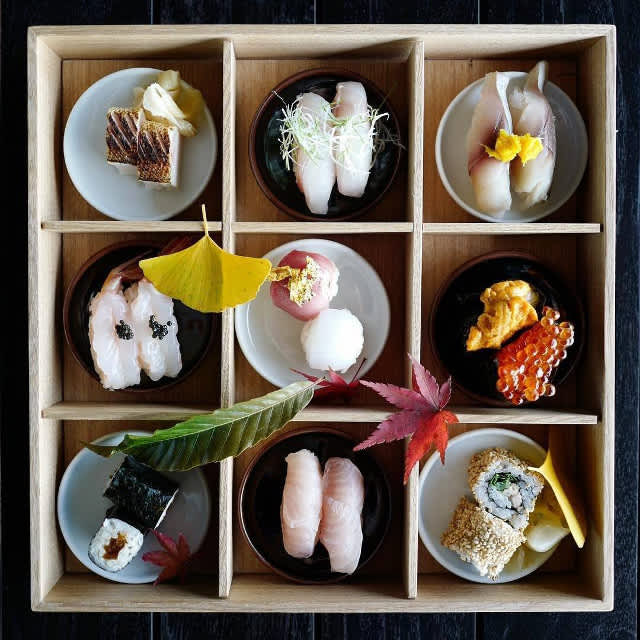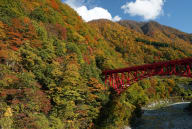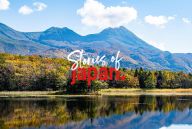So you’ve heard all about it, and maybe even read a few guides, but do you really know what to expect from a trip to Japan? Here’s a few things below about an experience in Japan that might actually surprise you.
It’s not that expensive
Japan does have a reputation for being expensive, but in many ways, that’s just a myth. Like anywhere else in the world, you’ll soon feel like you’ve pulled the plug on your bank account if you hit the streets not knowing where to eat, stay, shop, or how to travel. Away from the main streets, you can expect to find fresh sushi for as little as $1-2 per plate, not to mention modestly-priced noodle restaurants and street stalls around most train stations. As for getting about, you’ll pay around $7 for a 24-hour subway pass in Tokyo – that’s cheaper than London and New York. And provided you’re not expecting vast amounts of space to get your head down, you’ll easily find budget hostels and business hotels offering competitive rates on the global scale.

It’s super-easy to get around
You won’t be left stranded anywhere. By making the most of the sophisticated subway networks which appear to come as standard in most of Japan’s major cities, you’ll find getting yourself from A to B a pretty painless process. And to make the deal even sweeter – thanks to the impeccable punctuality of the network and low fares – you’ll always be on time without breaking the bank. Japan’s intercity and regional travel is no exception. While it’ll cost you more, their high-speed rail network will make travelling the length and breadth of the country incredibly easy (as well as acquainting you with the stunning countryside). Consider getting a Japan Rail (JR) Pass if you’re planning to use the shinkansen (bullet-train) network extensively.
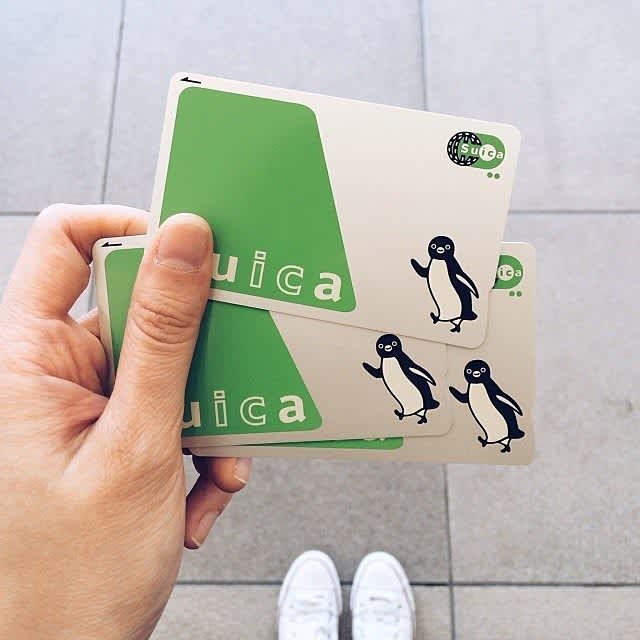
You’ll need shoes that are easy to take on and off
It’s advisable to wear footwear that doesn’t take minutes of your time to undo and redo because you’ll never know how many times you’re going to need to take them off throughout the day. There are a number of places in Japan where you’re required to remove your shoes for hygiene reasons and to protect the tatami mats used as flooring in many places. For example, you’ll be required to do so when entering a home, ryokan (traditional inn) certain restaurants, shrines and temples and even some traditional stores. So make sure you wear some decent socks too!

There’s no need to tip in restaurants
Tipping might be considered essential in places like the US while here in Australia, we’ve always remained a little confused over whether or not this is actually a polite custom – but there’s no confusion in Japan. It’s simply not necessary. Firmly of the belief that every price is a fair price, any attempt to leave a tip in a restaurant, bar, taxi or hotel, may lead to some confusion or even insult. So keep the change.
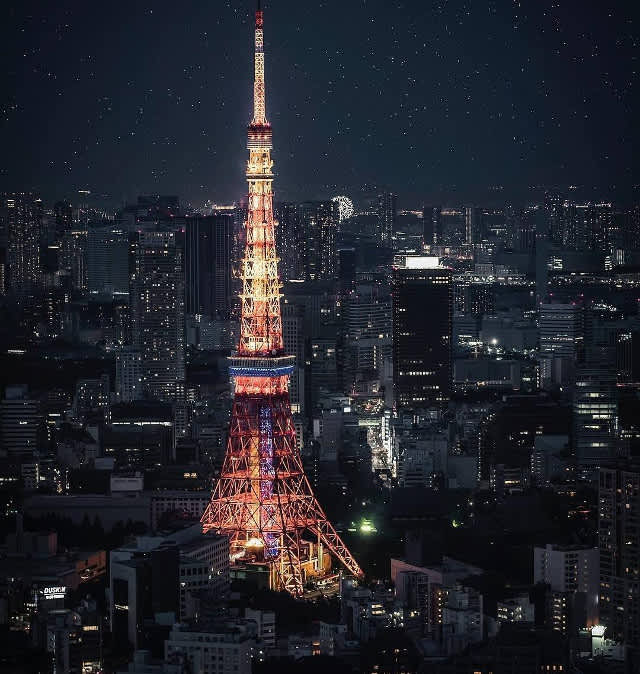
Take plenty of cash everywhere
Despite Japan’s deserved reputation as a technologically forward, convenience driven society, it might surprise you to learn that it’s also still largely cash-based particularly in rural areas. If you’re thinking of relying on your chip and pin card to get by, you might come unstuck. Although larger stores, restaurants, convenience stores and hotels accept credit cards, some smaller establishments will still request coins and notes as the form of payment. And here’s one last tip; not all ATMs accept foreign bank cards, so stick to the Japan Post Bank (found at post offices) and Seven Bank (found at the 7-11 convenience stores and other locations) ATMs.

Train stations are great for food
Perhaps it’s the product of a fast-paced city life where hungry, time-starved commuters won’t compromise on quality, but you won’t be restricted to the likes of McDonalds and KFC around any transport hub. Don’t be surprised to find fresh, made to order sushi in a restaurant just off the main concourse – or even some of the best noodle dishes you’ll taste. In fact, don’t be afraid to make the station a dining destination.
